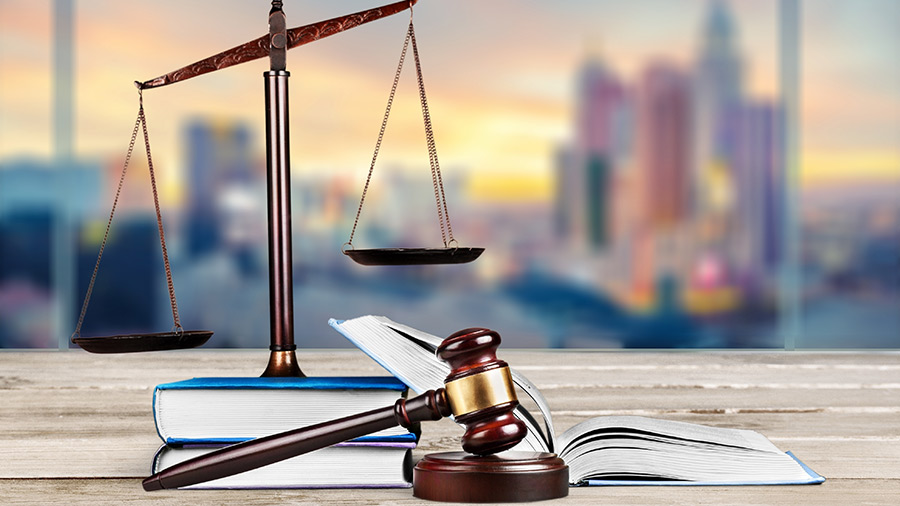Introduction
The court system can seem intimidating and confusing if you need help understanding how it works. Learning the basics about your local courts, the people who work there, and the procedures they follow can help you feel more prepared if you ever need to go to court for any reason. This article provides an overview of the court system and tips for navigating it effectively.
The People and Roles Within the Court System
There are many different people involved in running a court. Here are some of the key roles:
Judges
The judge oversees all courtroom proceedings and ensures legal rules are followed. They make vital decisions like determining guilt or innocence in criminal trials. Judges are addressed as “Your Honor” in court.
Prosecutors
The prosecutor represents the government and brings charges against defendants believed to have committed crimes. They present evidence and question witnesses to prove the defendant’s guilt during a trial.
Defence Attorneys
Defence attorneys represent the accused person in a case. They work to build the most vigorous defence for their client and ensure their rights are protected. This could involve questioning witnesses, presenting evidence, or negotiating plea bargains.
Court Clerk
Court clerks assist the judge in managing court procedures. They handle documentation, administer oaths, and keep records throughout the legal process. The clerk calls court cases on the docket and keeps track of evidence.
Court Reporter
Court reporters create word-for-word transcriptions of everything said during court proceedings. This creates an official record of the trial. Reporters must have excellent listening and writing skills to produce accurate transcripts.
Bailiff
The bailiff is responsible for court security and maintaining order. They escort defendants in and out of court and enforce courtroom rules and protocol. Bailiffs announce the judge’s entrance and exit and swear in witnesses before they testify.
Critical Differences in Court Levels and Jurisdiction
There are both state and federal courts. Understanding the tiered structure of the court system can help you identify the appropriate court for your legal needs:
- Local and State Courts – These include municipal, magistrate, and county courts that handle most minor cases. They address traffic violations, low-level crimes, and small claims cases. Appeals from these courts go to state supreme courts.
- District Courts – These are the federal trial courts that handle both civil and criminal matters within federal law. There are 94 federal judicial districts within the U.S.
- Courts of Appeal – Appeals from district court decisions go to the intermediate Courts of Appeal. 13 appellate circuits cover the U.S. geographically.
- High Courts – Each state has a Supreme Court that serves as the highest state appellate court. At the federal level, the U.S. Supreme Court is the highest in the nation.
Helpful Tips for Navigating Your Local Court
- Dress appropriately – You want to look professional and respectful. Avoid shorts, ripped jeans, graphic tees, or revealing clothing. Business casual attire is best.
- Arrive early – Give yourself ample time to get through security, find parking, and locate the proper courtroom. You want to be on time.
- Be patient – Courts often run behind schedule. Your case may take longer than expected to be called. Just relax and wait your turn.
- Be prepared – Have all your paperwork, documents, and other evidence organised. Consider bringing a notepad to jot down notes, too.
- Listen closely – Pay full attention whenever the judge or attorneys are speaking. Focus on understanding what’s happening and avoid getting distracted.
- Ask questions – If you don’t understand a term or procedure, ask your attorney or the clerk for clarification politely. Be bold and speak up.
- Remain calm – Even if things don’t go your way, avoid losing your temper in court. Stay composed and let your lawyer handle addressing any issues.
Navigating the court system can feel intimidating at first. By understanding the primary roles, jurisdiction levels, and procedures, you can feel more prepared for any potential court appearances. Be sure to seek guidance from a criminal lawyer in Burwood if you need representation. With the proper knowledge and support, you can handle any court case effectively.
Conclusion:
The court system is vital in administering justice and upholding the rule of law. While it can seem complex and confusing at first, taking the time to learn about your local courts, legal procedures, and key personnel can make you feel much more at ease. Being prepared, patient, and calm can help your court experience smoothly. Don’t hesitate to call experienced criminal lawyers in Burwood for advice and representation if needed. With the proper understanding and support, you can navigate the legal system effectively and work toward the best possible outcome for your case. Though intimidating, remember that the court system exists to serve the people.
